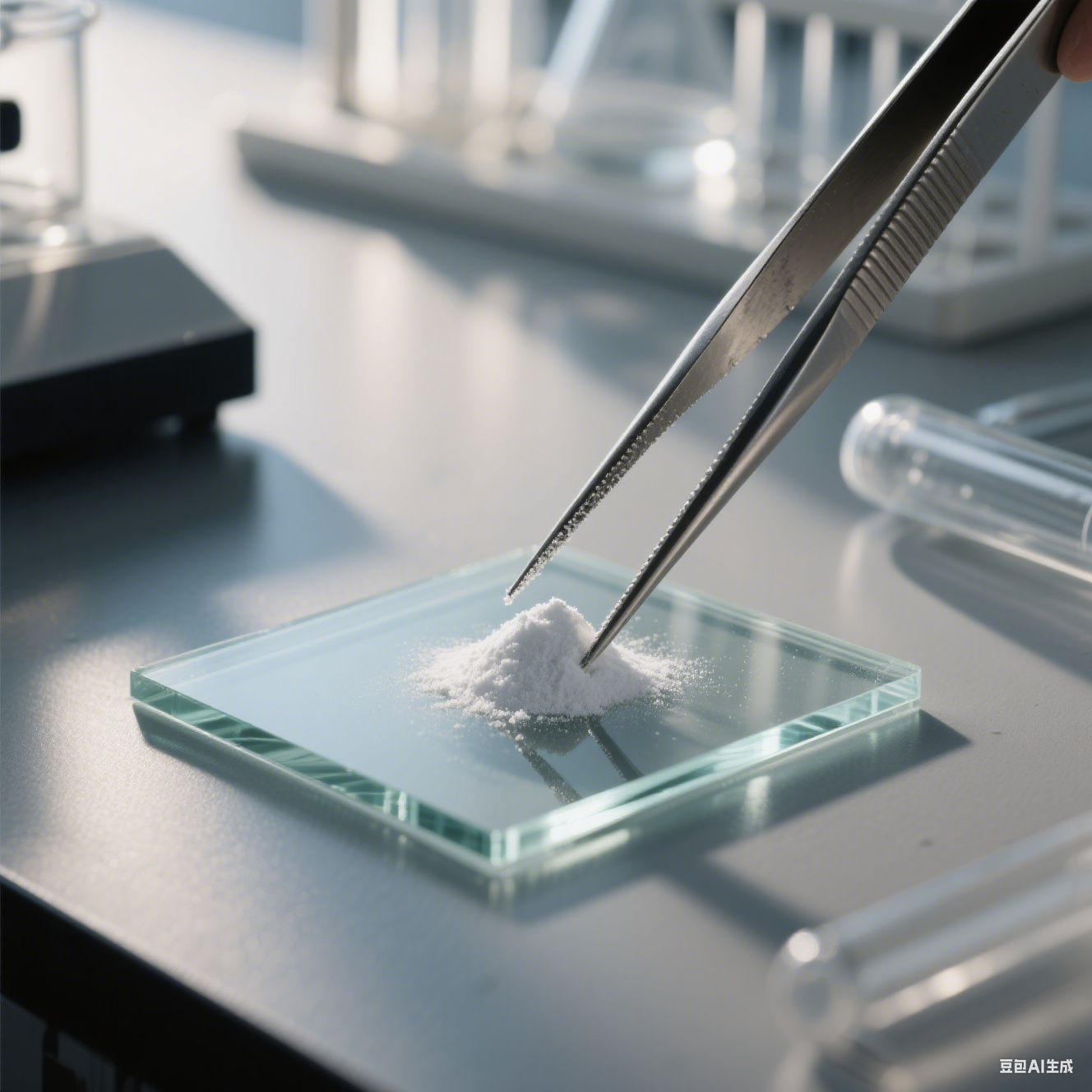Forbedret idrettsprestasjon og gjenopplivning
Lakse syre spiller en grunnleggende rolle i idrettsprestasjon og gjenopplivning, noe som er motsatt vanlige misforståelser om at det forårsaker muskelværk. Under høyintens fysisk aktivitet lar produksjon av lakse syre energi genereres videre når oksygenforsyningen er begrenset, hvilket lar idrettsutøvere opprettholde prestasjonsnivåer. Denne prosessen, kjent som anaerob metabolisme, er avgjørende for aktiviteter som krever energiblaster. Tilstedeværelsen av lakse syre signaliserer faktisk kroppen til å forbedre sine oksygenleveranse-systemer, noe som fører til bedre utholdenhet med tiden. Dessuten, når kroppen tilpasser seg regelmessig trening, blir den mer effektiv i å bruke lakse syre som energikilde, hvilket reduserer utmattelse og forbedrer totalprestasjon. Sammensetningen støtter også muskelgjenopplivning ved å utløse ulike metaboliske prosesser som bidrar til vevreparasjon og styrkebygging.


